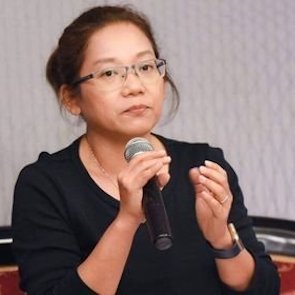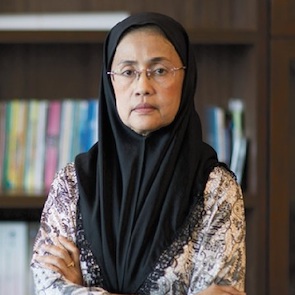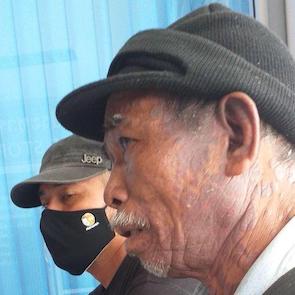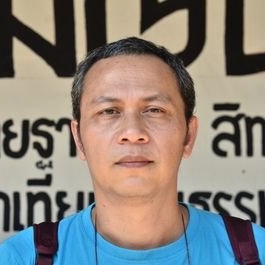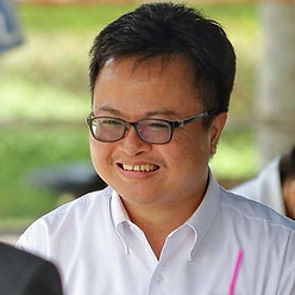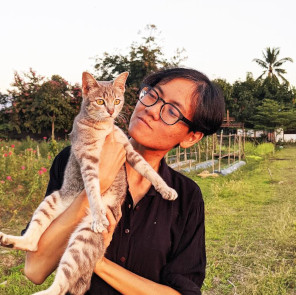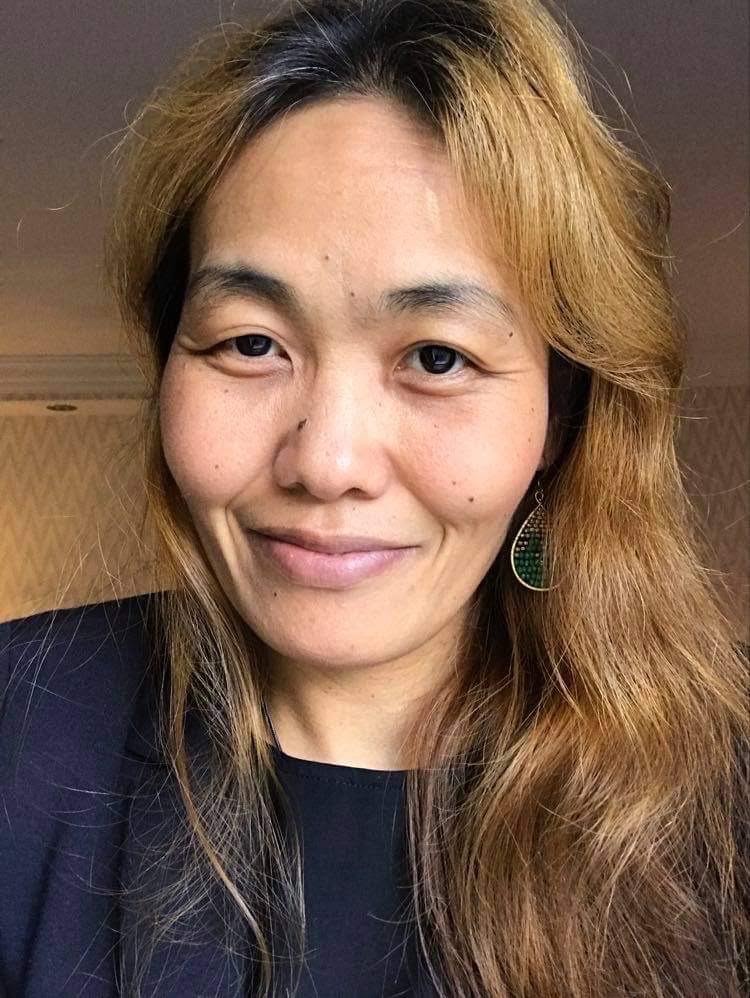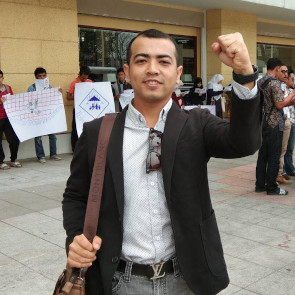#Thailand
#Thailand
After seizing power in a 2014 coup, the National Council for Peace and Order (NCPO) has maintained its grip on the country through an array of restrictive laws. The junta’s intolerance of dissenting opinions has resulted in a challenging climate for human rights defenders. Judicial harassment, which remains one of the most common tools to silence HRDs, has intensified, with defamation and other criminal and civil charges being brought against them. There are reports of surveillance of HRDs, both physical and online, intimidation, public smear campaigns and threats. A number of events, including the launching of human rights reports, have been disrupted and public gatherings banned. HRDs also face physical assaults, arbitrary detention and extrajudicial killings.
HRDs most at risk include those who are fighting for economic, social, and cultural (ESC) rights, particularly land rights, and those working in the conflict zone of the border provinces in Southern Thailand. There, violations against human rights organisations take place in a context of widespread impunity for the perpetrators – often government or military officials. Community-based HRDs engaged in protests and expressing concern about negative health, social, and environmental impacts related to industries operating in their localities are particularly at risk of being targeted.
The heavy-handed Computer Crime Act (CCA), lèse-majesté (Article 112 of the Criminal Code prohibiting criticism of the royal family) and criminal defamation charges (Article 326 of the Criminal Code) have been repeatedly used by state and non-state actors to target political activists, HRDs and independent voices, thus having a chilling effect on civil society and encouraging self-censorship. The CCA was reinforced in 2016, giving the authorities even more surveillance and censorship powers. King Rama IX’s death in October 2016 has not curtailed the use of lèse-majesté charges as weapons of mass deterrence for HRDs. In this constrained atmosphere, a junta-drafted constitution giving the military outsized influence was signed into effect in April 2017 while general elections have been postponed until 2018.


